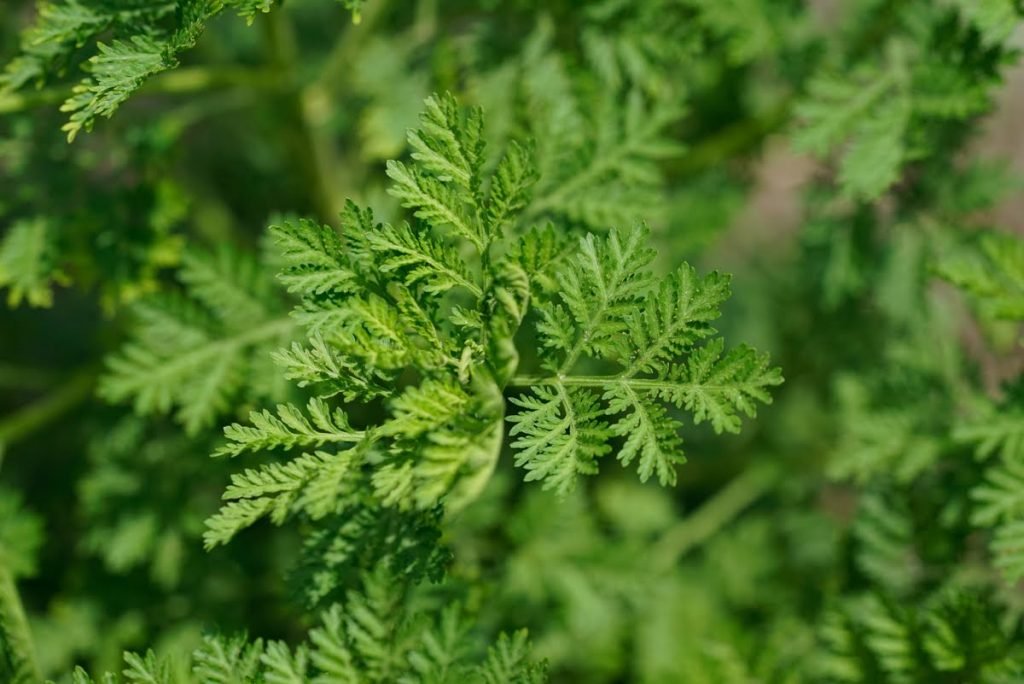
Artemisia Annua Could Be a Promising COVID-19 Treatment
The world came to a halt in December 2019 after the emergence of the Corona Virus, which was later declared to be a pandemic. Two years in, and we are still struggling with emerging variants of this virus. Scientists and researchers are still searching for a potent anti-coronavirus therapy for severe acute respiratory syndrome coronavirus type-2 (SARS-CoV-2).
Why is there a need for more trials for drugs against the treatment of Covid-19?
Most existing antiviral and immune-boosting medications are clearly unpromising and useless for the treatment of coronavirus-infected individuals, while the safety of a few treatments/vaccines that have shown great promise remains unknown. With daily reports of confirmed infectious cases all over the world, it’s critical to stress the need for repurposed therapeutics for viral infection management based on a validated ethnomedicinal base of well-known active medicines with traceable biochemical, pharmacological, and safety profiles.
Artemisia annua, the breakthrough in the treatment against Covid?
More effective treatments are aimed at preventing COVID-19’s potentially lethal impacts. Natural products and phytomedicines are being investigated as potential therapeutic or preventative treatments against COVID-19 because of their favorable safety profiles. Sweet wormwood, or Artemisia annua, is a resilient and prolific plant that contains a strong component that could become a new therapeutic weapon in the fight against the COVID-19 pandemic, according to the current study.
- It is currently used to treat malaria as an active component.
- Artemisinin is a phytomedicine that has anti-inflammatory and antiviral properties.
- Artemisia-based products have been shown to exhibit a wide range of biological activities, including antiviral capabilities. Bioactive compounds found in Artemisia species have pleiotropic biological effects.
- Artemisia annua, for example, has anti-inflammatory sesquiterpenoids such as Artemisinin.
How efficient is Artemisia Annua against Covid? What does research suggest?
- A clinical trial has been begun by researchers at the University of Kentucky’s College of Medicine to assess the plant’s efficacy against COVID-19.
- This year, laboratory research revealed that the plant’s leaves have potent antiviral action against SARS-CoV-2, the virus that causes COVID-19.
- Despite promising laboratory results, it is currently too early to tell if Artemisia annua can help people with COVID-19.
- The efficiency of Artemisia annua extract and artesunate, a derivative of the plant that is a conventional therapy for malaria in many regions of the world, will be tested in the new arms of the clinical trial.
- ArtemiLife, which previously cooperated with the UK on a clinical study employing Artemisia annua cultivated in Kentucky to test for the anti-cancer potential of its extract and to identify the optimal dose of Artemisia annua for future clinical trials, is supporting the new trial arm.
This study’s hypothesis is that adding agents like Artemisia annua and camostat, which inhibit viral entry or replication of the SARS-CoV-2 virus, will reduce the rate of a composite outcome of hospitalization due to COVID-19 pneumonia or oxygen therapy, be free of additional moderate to severe toxicities, and improve viral clearance at Day 14 in high-risk individuals. The key hypothesis is that introducing COVID-19 as an early intervention after diagnosis will enhance clinical outcomes in COVID-19-infected patients at higher risk of poor outcomes following infection as compared to the standard of care.
What is in the making?
The clinical trial in the United Kingdom is limited to high-risk patients at home and in hospitals who have tested positive for COVID-19 or who have COVID-19 symptoms but have not progressed to the point of requiring intensive care unit treatment. COVID-19 patients who want to participate in the experiment will be randomly allocated to one of four therapy groups, one of which will include Artemisia annua.
Of course, clinical trials are needed to determine the actual value of these molecules as potential COVID-19 treatments. Nonetheless, as we start phase I/II clinical trials, the results of this research project are relatively positive.
